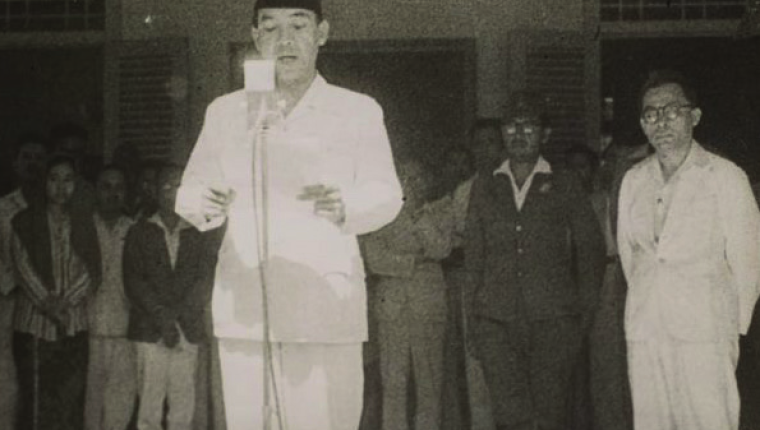
Zhang, Q. & Du, D. (2025). Revisiting the Bandung Legacy in Indonesian Foreign Policy: A Historical Review and Its Contemporary Implications. BRIQ Belt & Road Initiative Quarterly 6(3), 293-310.

This work is licensed under a
Creative Commons Attribution 4.0 International License.
During the Cold War, the intense confrontation between the United States and the Soviet Union,as well as their competition for influence in the Third World, compelled newly independentcountries like Indonesia to seek closer cooperation. The structure of the international system,the nature of the newly independent states, and Sukarno’s own anti-imperialist and anti-colonialstance contributed to Indonesia’s support for the Asian-African Conference. In the process ofpreparing for and hosting the Asian-African Conference, Indonesia effectively capitalized on itsadvantageous position as the host country and adeptly overcame various challenges to ensurethe seamless progression of the conference. The Bandung spirit of “solidarity, friendship, andcooperation” established during the Asian-African Conference has served as a guiding principlefor Indonesia’s diplomatic endeavors. During the Sukarno and Suharto eras, Indonesia continuedto advance its anti-colonial cause; however, it increasingly became entangled in great powercompetition and resorted to military force in addressing the issues of Malaysia’s independenceand East Timor’s self-determination, thereby deviating from the principles upheld at the BandungConference. In the post-Suharto era, the Bandung spirit has returned as a guiding principle ofIndonesian foreign policy.
